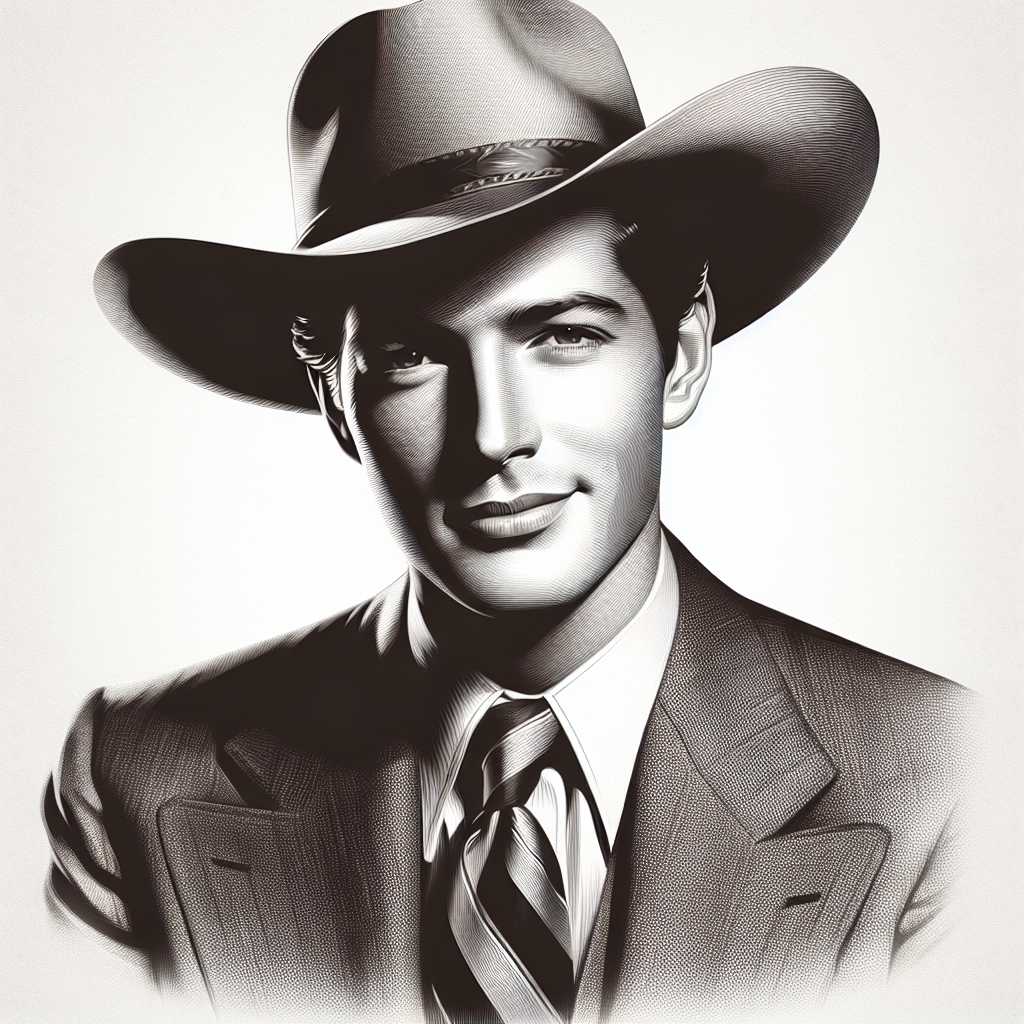The Enduring Legacy of Will Rogers: American Cowboy, Performer, and Social Commentator
Introduction to Will Rogers
Will Rogers was a multifaceted American icon, whose talents encompassed acting, cowboy skills, humor, political commentary, and social observation. His warm wit and homespun philosophy resonated with the American public during the early part of the 20th century. Through his work in vaudeville, radio, film, and as a newspaper columnist, Rogers became an enduring symbol of common sense and integrity.
Early Life and Rise to Fame
Born in 1879 on a ranch in Oklahoma, which was then part of Indian Territory, William Penn Adair Rogers was of Cherokee descent and deeply proud of his heritage. This background would inform much of his perspective throughout his career. As a young man, he showcased an exceptional ability with ropes and horses—skills that would serve him well in his entertainment pursuits.
Rogers began his show business career as “The Cherokee Kid” in wild west shows, but it was his move to vaudeville that set the stage for nationwide fame. His act combined lariat tricks with off-the-cuff commentary about daily life and politics—a formula that quickly caught on with audiences.
Transition to Films
By the 1910s, Rogers had transitioned from stage to silent films. Although silent movies couldn’t capture his verbal wit, his charming presence and roping abilities were enough to make him a star. With the advent of talking pictures, Rogers came into his own. The medium perfectly suited his laid-back style and quick wit. He went on to star in over 70 films and became one of the most popular actors of his era.
Columnist and Commentator
Rogers’s influence was not limited to film and stage; he also became a major voice in print. His newspaper column allowed him to speak directly to an American populace looking for straightforward talk during the complex times of the Great Depression. With the Great Dust Bowl ravaging the agricultural heartland, economic struggles nationwide, and the looming shadow of global conflict, Rogers’s witticisms carried weight.
He famously said, “I am not a member of any organized political party — I am a Democrat.” This line exemplifies Rogers’s style: no one was beyond reproach or above the common-sensed critique if there was folly to be found.
Humanitarian Efforts and Tragic Death
Rogers’s commitment to aid those suffering during the economic downturn of America wasn’t just in words. He embarked on multiple fundraising tours and raised vast sums for relief organizations and drought-stricken farmers.
Sadly, Will Rogers’s life was prematurely cut short in a tragic airplane crash in 1935 while he was touring Alaska with famed aviator Wiley Post. His death was a deep loss felt around the nation.
The Philosophical Cowboy’s Role in Society
More than just an entertainer, Will Rogers served as a “cowboy philosopher,” comparing frontiersmen’s straightforward wisdom to the complexities (and sometimes absurdities) of contemporary civilization. His humor often contained sharp insights into human nature and political folly that were both critique and comfort in turbulent times.
During an era when figures such as Charlie Chaplin lampooned aspects of modernity or technological change, Rogers provided an explicitly American counterpoint rooted in older, agrarian ideals juxtaposed with anecdotal insights on current events.
Media Mirror Reflecting America’s Psyche
Will Rogers took what might be considered today as a multimedia approach to communication. Whether it was the motion pictures that projected him across countless screens or newspapers that carried his columns, each platform contributed facets freshmanic observations coupled with plain-spoken charm revolutionary at the time for leading public intellectuals.
In many respects, Rogers anticipated the kind of direct communication strategies employed by future political leaders who sought to bypass traditional media gatekeepers to build direct rapport with their constituents.
Legacy and Influence
Despite passing away over eight decades ago, Rogers’s legacy is palpable in American culture. Parks, airports, even stages across the country bear his name. Frequent references to his sayings in political discourse emphasize that his wit retains a charming relevancy even into the 21st century.
Notes
Image description: A monochromatic portrait of Will Rogers clad in a suit and tie with a cowboy hat perched on his head. He seems at ease with a gentle smile, embodying both Hollywood glamour of the era and timeless Western charisma.
OYvdq

